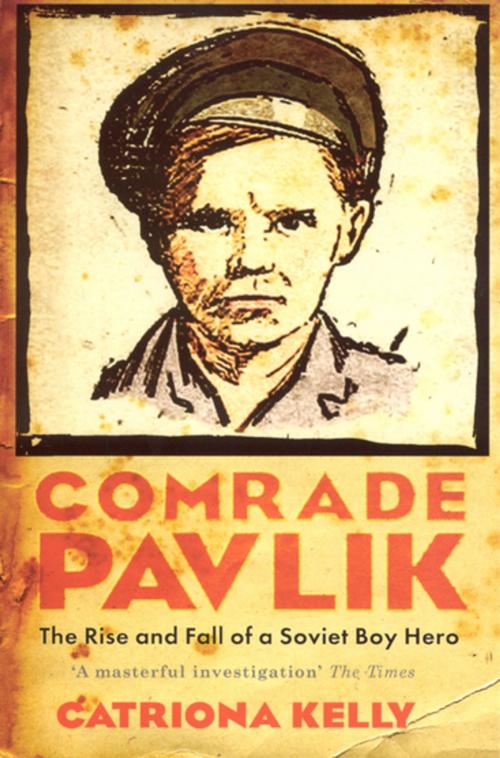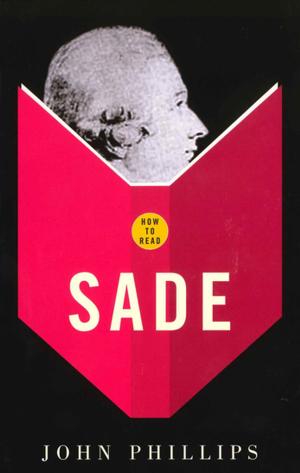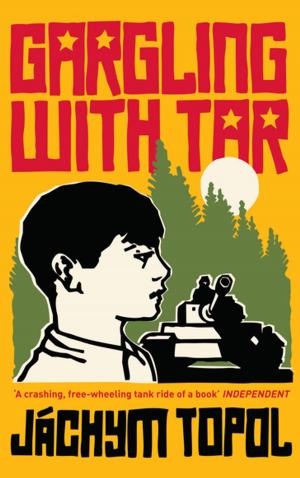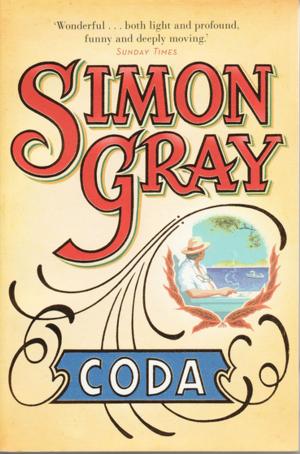Comrade Pavlik
The Rise And Fall Of A Soviet Boy Hero
Nonfiction, History, European General, Modern, 20th Century| Author: | Catriona Kelly | ISBN: | 9781783780716 |
| Publisher: | Granta Publications | Publication: | April 3, 2014 |
| Imprint: | Granta Books | Language: | English |
| Author: | Catriona Kelly |
| ISBN: | 9781783780716 |
| Publisher: | Granta Publications |
| Publication: | April 3, 2014 |
| Imprint: | Granta Books |
| Language: | English |
It was September, 1932. Gerasimovka, Western Siberia. Two children are found dead in the forest outside a remote village. Both have been repeatedly stabbed and their bloody bodies are covered in sticky, crimson cranberry juice. Who committed these horrific murders has never been proved, but the elder boy, thirteen-year-old Pavlik Morozov, was quickly to become the most famous boy in Soviet history - statues of him were erected, biographies published, and children across the country were exhorted to emulate him. Catriona Kelly's aim is not to find out who really killed the boys, but rather to explore how Stalin's regime turned Pavlik into a hero designed to produce good Soviet citizens. Pavlik's story is intriguing and multi-layered: did he denounce his own father to the authorities? Was he murdered by members of his own family? Did he ever belong to the Pioneers, the Communist youth organization who claimed him as member No. 001? This is the first book in English on Pavlik's legend, using previously inaccessible local archives.
It was September, 1932. Gerasimovka, Western Siberia. Two children are found dead in the forest outside a remote village. Both have been repeatedly stabbed and their bloody bodies are covered in sticky, crimson cranberry juice. Who committed these horrific murders has never been proved, but the elder boy, thirteen-year-old Pavlik Morozov, was quickly to become the most famous boy in Soviet history - statues of him were erected, biographies published, and children across the country were exhorted to emulate him. Catriona Kelly's aim is not to find out who really killed the boys, but rather to explore how Stalin's regime turned Pavlik into a hero designed to produce good Soviet citizens. Pavlik's story is intriguing and multi-layered: did he denounce his own father to the authorities? Was he murdered by members of his own family? Did he ever belong to the Pioneers, the Communist youth organization who claimed him as member No. 001? This is the first book in English on Pavlik's legend, using previously inaccessible local archives.















